Kenya came to a standstill on Friday as thousands of mourners, dignitaries, and political leaders gathered at the Nyayo National Stadium in Nairobi for the State Funeral of former Prime Minister Raila Amolo Odinga, one of the most influential figures in the country’s modern political history.
Odinga, who passed away on Wednesday at the age of 80 while receiving medical treatment in India, was accorded full state honors in a ceremony led by President William Ruto. The event drew an enormous crowd comprising grieving citizens, international diplomats, African heads of state, and political allies and rivals alike each paying tribute to a man whose name had become synonymous with Kenya’s long and turbulent journey toward democracy.
The late Odinga’s flag-draped casket arrived at the stadium shortly before 9 a.m. under heavy military escort, accompanied by a solemn brass band and an honor guard. The sight underscored his stature as a statesman, freedom fighter, and national icon. The atmosphere was a poignant mix of grief and reverence as the national anthem echoed across the packed arena, followed by prayers, eulogies, and traditional performances celebrating his legacy.
A Life That Shaped Kenya’s Political Landscape
Raila Odinga’s political journey spanned more than five decades—an odyssey marked by resilience, defiance, and unrelenting advocacy for justice and reform. As the son of Kenya’s first vice president, Jaramogi Oginga Odinga, Raila inherited a political legacy steeped in the struggle for freedom and equality.
He endured imprisonment, exile, and political persecution under past regimes, yet remained a central figure in shaping Kenya’s democratic institutions. His role in championing the 1992 multiparty democracy, advocating for constitutional reforms, and building inclusive governance earned him both admiration and controversy in equal measure.
Although he ran unsuccessfully for the presidency five times, Odinga’s influence transcended electoral defeat. He was widely regarded as a kingmaker, a political visionary, and a symbol of resistance against corruption and injustice. To his supporters, he was affectionately known as “Baba”—a father figure to generations who saw in him the embodiment of courage and hope.
Violence Casts Shadow Over Final Farewell
Despite the grandeur of Friday’s ceremony, the nation’s mourning was marred by tragic violence on Thursday. As thousands gathered for a vigil at Nyayo Stadium, where Odinga’s body lay in state, security forces reportedly fired live ammunition and teargas to disperse swelling crowds that had turned chaotic.
At least four people lost their lives, with dozens injured—a grim reminder of the tensions that have long accompanied Kenyan politics. The violent scenes have reignited debates over police conduct and crowd control during national events, casting a somber tone over what was meant to be a day of unity and reflection.
The Final Journey Home
Following the state funeral, Raila Odinga’s body will be transported to his ancestral home in Kang’o ka Jaramogi, Bondo, Siaya County, where he will be laid to rest on Sunday beside his father, Jaramogi Oginga Odinga. The burial site—already a revered location in Kenyan political history—will now serve as the eternal resting place of two generations that defined Kenya’s quest for self-determination and democracy.
As Kenya bids farewell, tributes continue to pour in from across Africa and the world. Leaders from the African Union, East African Community, and numerous global organizations have hailed Odinga as a visionary statesman, democrat, and champion for the people.
His passing marks the end of an era but his legacy of resilience, reform, and relentless pursuit of justice will remain deeply etched in the nation’s consciousness.
For millions of Kenyans, Raila Amolo Odinga was more than a politician he was the heartbeat of a movement, the voice of the marginalized, and a relentless believer in a better Kenya. As his flag-draped coffin makes its final journey home, the chants of “Baba forever!” continue to echo across the nation, a fitting farewell to one of Africa’s most enduring political figures.



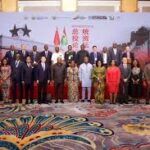

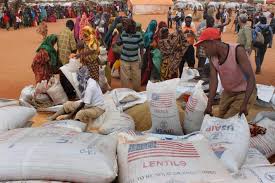


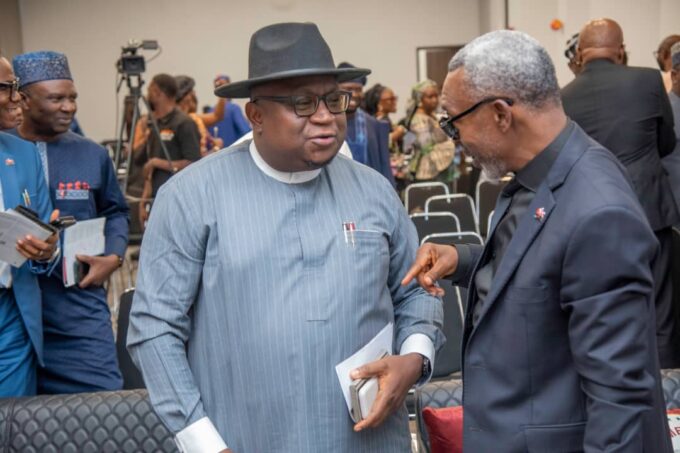


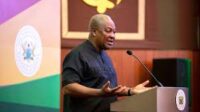
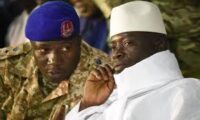

Leave a comment